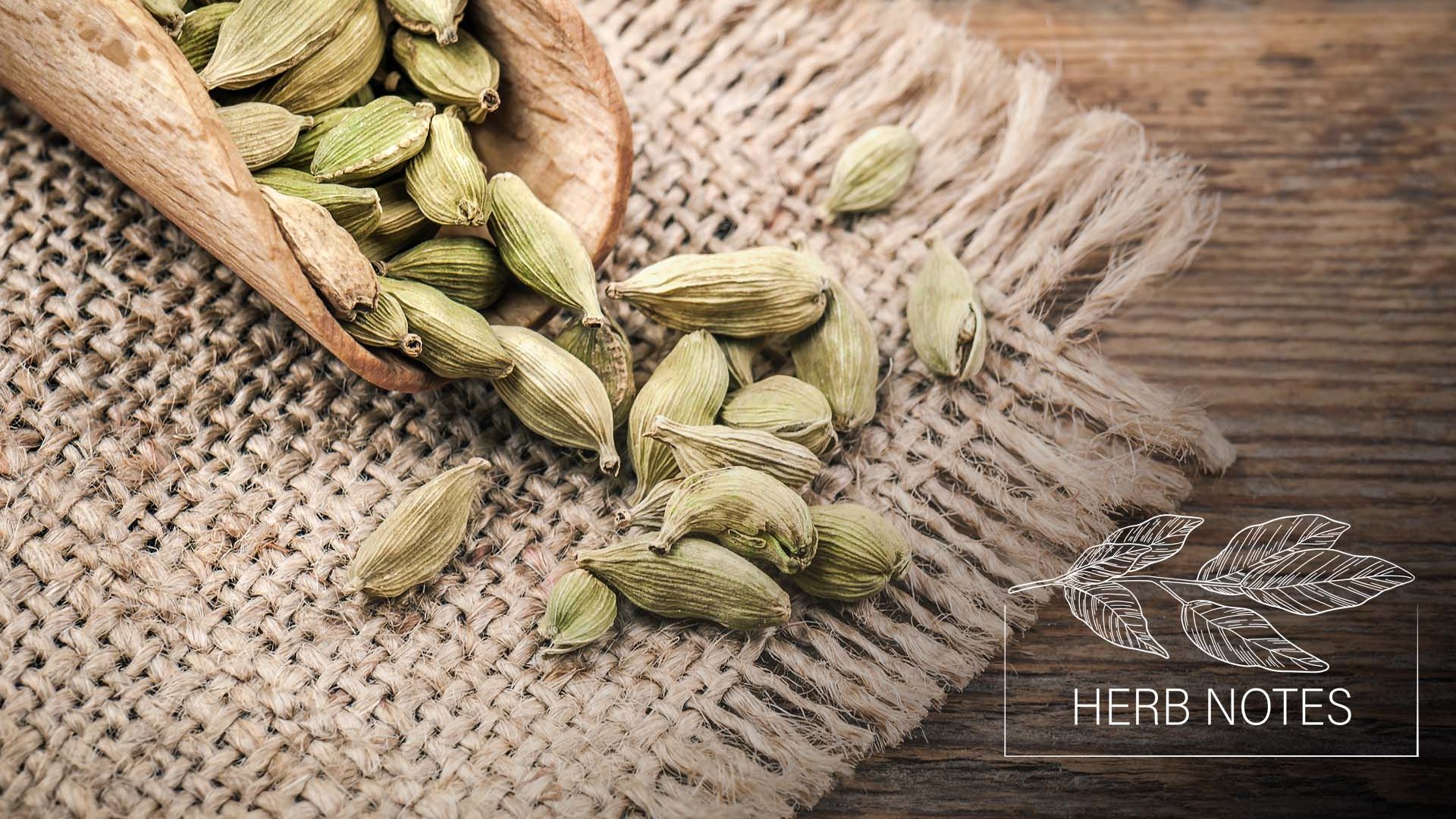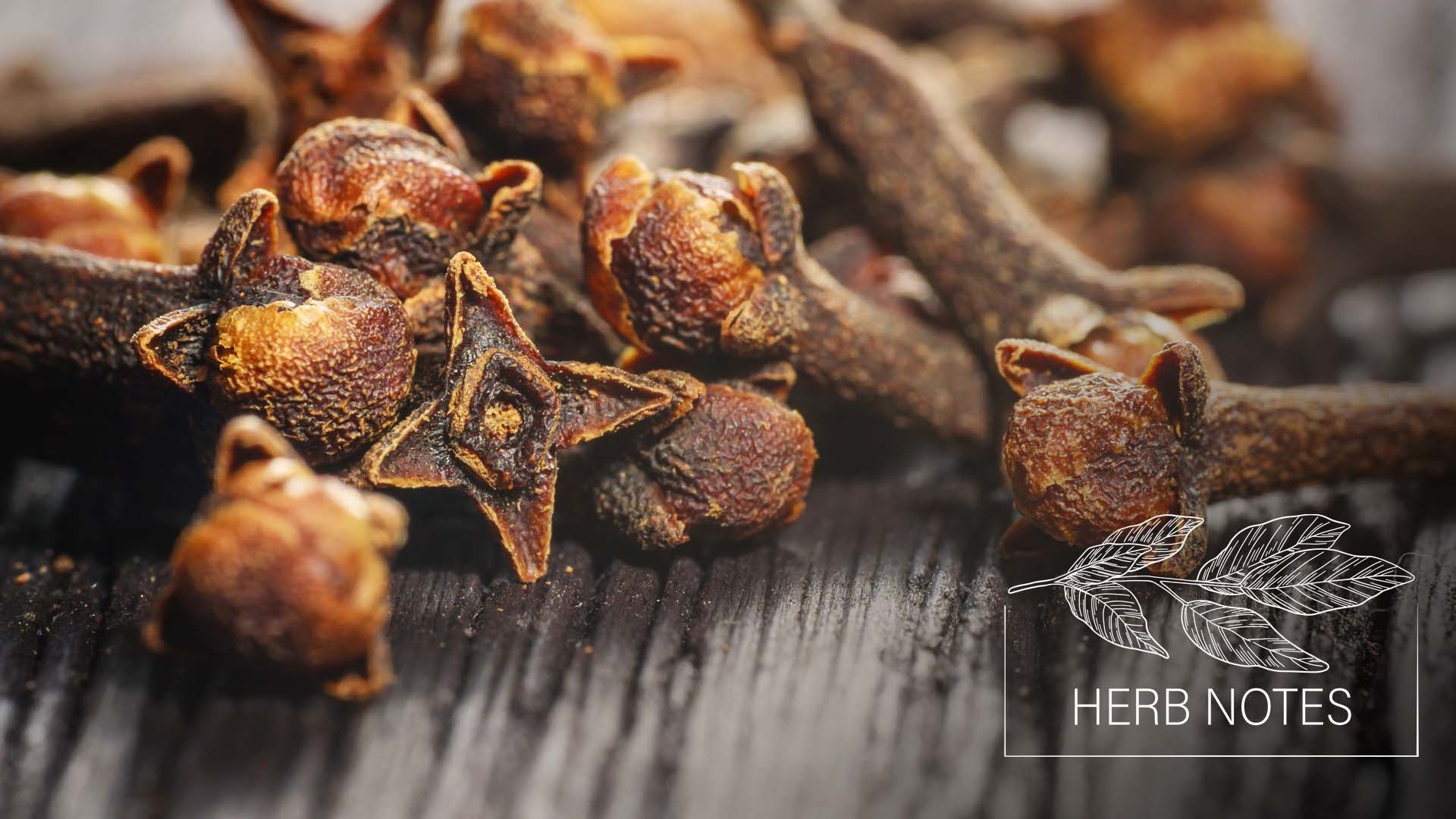
Herb Notes: The Benefits of Lemon Balm
When life gives you lemon balm, you’re in luck! With its uplifting citrusy scent, lemon balm (Melissa officinalis) certainly is a balm for the soul. Beloved by herbalists and pollinators alike, this abundant plant makes a wonderful addition to any herb garden.
Want to learn more about the many gifts of lemon balm?
Let’s dive into three key health benefits of lemon balm…
1. Lemon Balm for Stress
Lemon balm is a relaxing nervine and sedative, which means that it can help promote relaxation and restful sleep. While calming the nervous system, lemon balm also has an uplifting quality that can gladden the heart — making it a wonderful herbal ally in times of grief and heartache.
When I’m feeling stressed, I like to make a tea with dried or fresh leaves of lemon balm to ease the tension in my body. Lemon balm tea is a truly tasty and soothing drink.
2. Lemon Balm for Digestive Support
Just as lemon balm leaves soothe the nervous system, they can also soothe the digestive system: lemon balm is antispasmodic, which means it can help address mild stomach cramping. Lemon balm can also ease stagnation and promote overall digestive health.
When working with bitter herbs for digestive support, I often like to pair them with gentle lemon balm to help address any digestive discomfort.
3. Lemon Balm for Skin Care
Lemon balm is anti-inflammatory, and topical applications of lemon balm creams, salves, and toners can help support skin health and address skin irritation. Through supporting the digestive and nervous systems, which have a major impact on skin health, internal usage of lemon balm leaf tea can also help support skin health.
With its antiviral properties, topical applications of lemon balm can also help potentially reduce the recurrence and duration of herpes outbreaks.
Rosalee de la Forêt writes about lemon balm’s potential impact on herpes outbreaks in her Lemon Balm Plant Profile on HerbMentor:
Several clinical trials have studied lemon balm’s ability to address outbreaks of herpes simplex, the virus that causes cold sores on the lips and genitals. One in vitro study looked at the effect lemon balm may have on drug-resistant strains of herpes simplex virus and reported that the “penetration of herpes viruses into cells was inhibited by Melissa extract at 80% and 96% for drug-sensitive and drug-resistant viruses, respectively.” 1 2
A few frequently asked questions about lemon balm…
Who should not take lemon balm?
There is some debate in the herb world about whether lemon balm (Melissa officinalis) may inhibit thyroid function. With this potential contraindication in mind, if you have an underactive thyroid, avoid consuming lemon balm in excess.
Is lemon balm best fresh or dried?
I enjoy lemon balm both fresh or dried, but I find this aromatic plant particularly potent when fresh due to fresh lemon balm’s higher levels of aromatic oils. Many herbalists also prefer fresh lemon balm extracts — using fresh lemon balm for their teas and tinctures as well as their cooking.
Is lemon balm anti-inflammatory?
Yes! Like so many wonderful common herbs, lemon balm is anti-inflammatory.
Can lemon balm support cognitive function?
Lemon balm has traditionally been used to support cognitive health, especially memory and recall.
What kind of lemon balm preparations can I make?
You can work with lemon balm as both a culinary herb and a medicinal herb, so there are so many types of herbal remedies and foods you can make with lemon balm. For skin care, I like to make a lemon balm cream with an infused lemon balm oil and enjoy this medicinal plant’s soft lemony scent.
For food, I like to add a few sprigs of this aromatic herb to pestos, smoothies, salads — it’s also absolutely delicious in this lemon balm poppy seed cake recipe. Other herbal preparations I like to make with lemon balm include tea, tincture, and salves. All of these lemon balm products make for a wonderful addition to my herbal apothecary.










